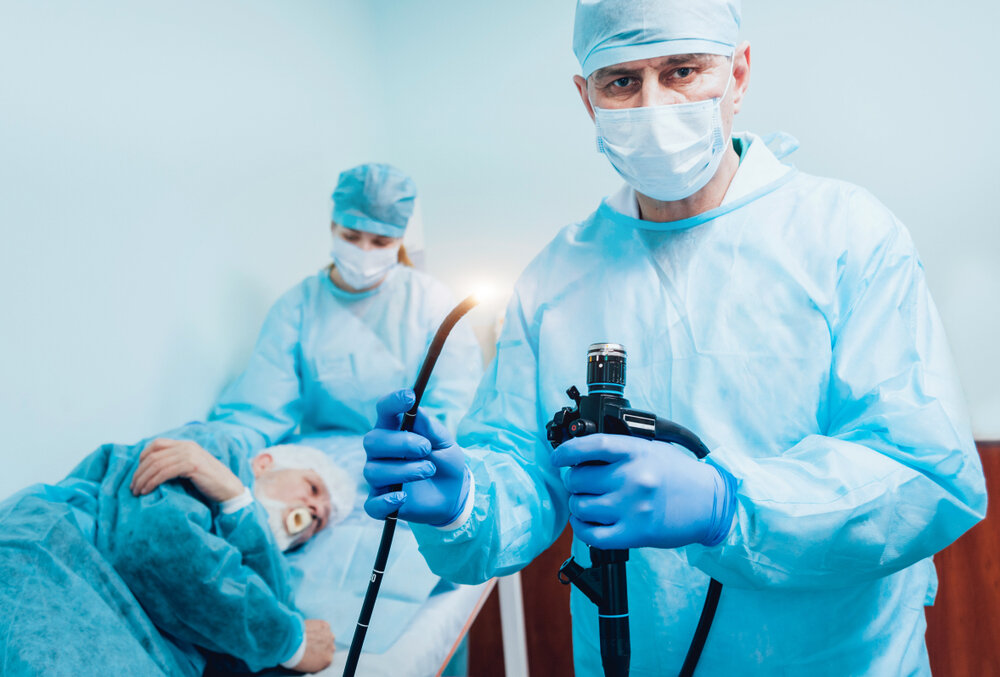Why Do You Need to Go for a Colonoscopy Screening?
Colonoscopy is an endoscopic surgical technique for looking at the entire large intestine. Colonoscopy uses a long tubular instrument, called a colonoscope, which is versatile and light. The colonoscopy is done by a doctor who is skilled in the operation and will last about 30-60 minutes.
Drugs are delivered into your vein to make you feel comfortable and sleepy. You will be told to lie on the examination table on the left hand side. The colonoscope is inserted through the rectum and progressed to the big intestine's other end.
Colon cancer screening is recommended for any patient who has rectal bleeding or has recently changed bowel habits.
This is used as a screening technique for ordinary individuals after 50 years of age and earlier if large intestinal cancer has a clear family history. Colonoscopy can be used to extract small polyps, as well as tumor growth biopsy.
Bowel conditions such as ulcerative colitis and Crohn's disease are also included. This is used after bowel cancer diagnosis to keep an eye on any growth that might occur again.
What Are Colon Cancer Symptoms?
Bleeding from the rectum (bright red or dark)
Recent improvements in intestinal habits, which persistently bother.
Inadequate evacuation (felt unable to fully move the stools.
Stools smaller than normal
Weight loss for no apparent cause
Felt very fatigued (weakness and fatigue)
There may be any or any combination of those symptoms in a patient. The signs and symptoms can also vary in severity, depending on the colon, size and growth position of the cancer.
Is Colonoscopy Painful?
The test usually takes 5-10 minutes depending on how simple the colonoscope is to progress. Some patients generally can handle it well. This is a slight feeling of cramping due to the air being forced into the large intestine. Sedation helps to keep the patient calm during treatment.
You need to visit Screen the City in OKC if you wish to go for a colonoscopy. Our doctors will diagnose you before conducting the procedure on you.
**Disclaimer: This blog content does not intend to offer a doctor’s advice and mentions no relationship between any patient and the care provider.

